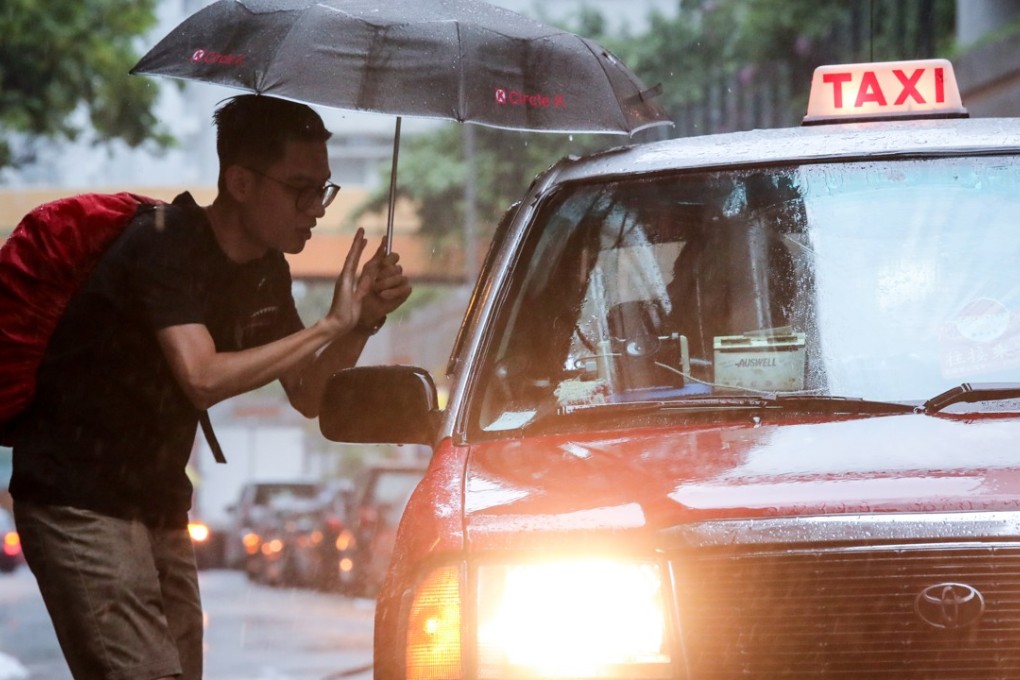How Uber can spur improvements in Hong Kong’s taxi service
Michelle J. Tao says while the government has the admittedly difficult task of balancing the interests of taxi licence holders with consumer interests and job opportunities, introducing more competition to the industry would serve the greater good

In contrast, the licence for private cars in Hong Kong costs just a few thousand dollars a year. This means a lot of young people in Hong Kong would like to use their private cars to drive for Uber.
Hong Kong puts brakes on Uber in its road map for the future
The main difference is in the handling of taxi licences. The Singapore government does not sell taxi licences, but allocates a pre-set number to taxi companies. And it has the right to adjust the number and annual fees.
In Hong Kong, however, the government sells taxi licences, which can be used perpetually. As the number is quite small (18,163), they are very expensive – up to HK$7 million in 2013. While the number of taxis per 1,000 people in Hong Kong is much lower than that in Singapore (2.5 versus 5.3), the number of Hong Kong taxi licences has not been adjusted since 1994, as the government fears affecting the value of existing licences.